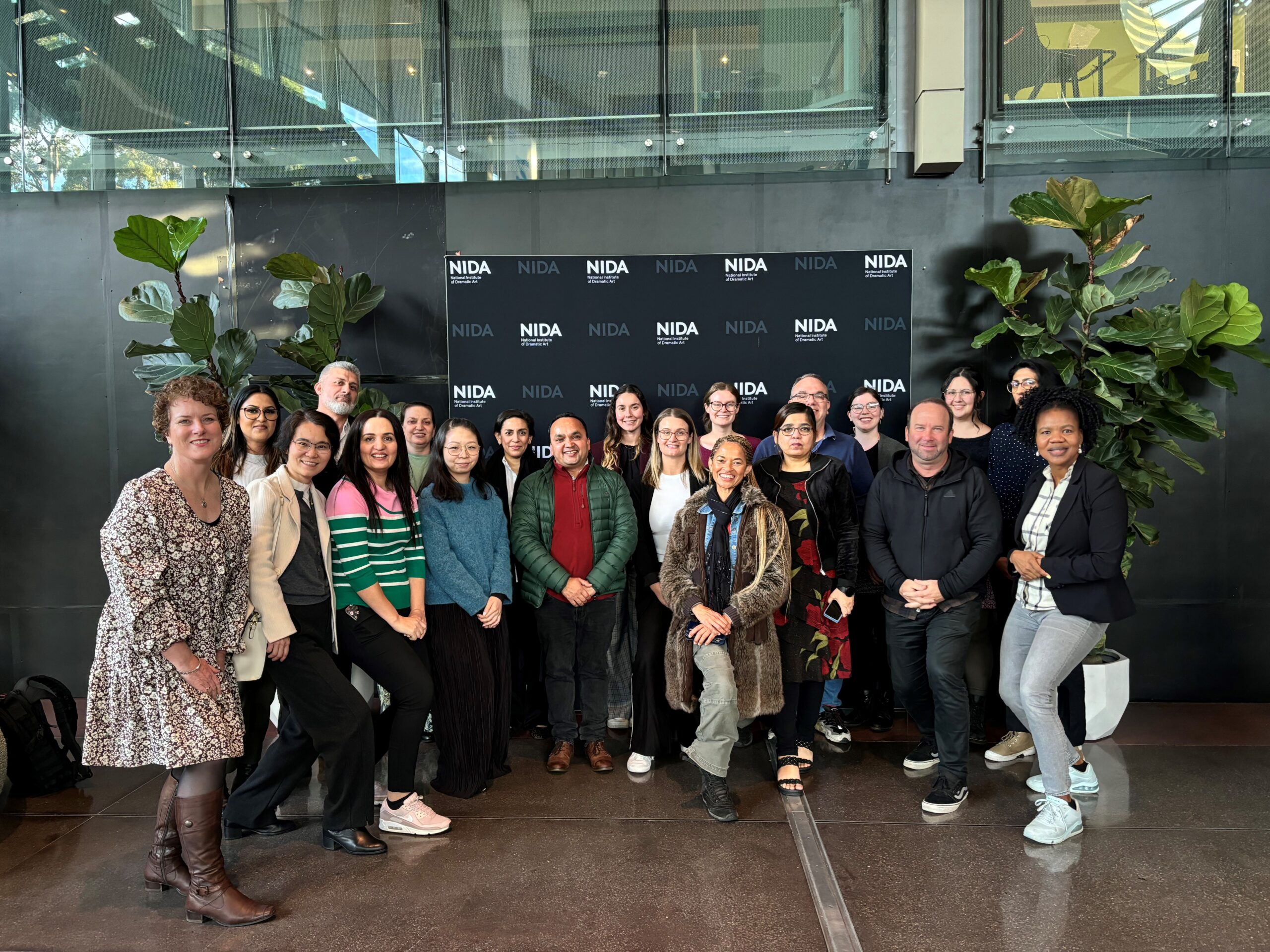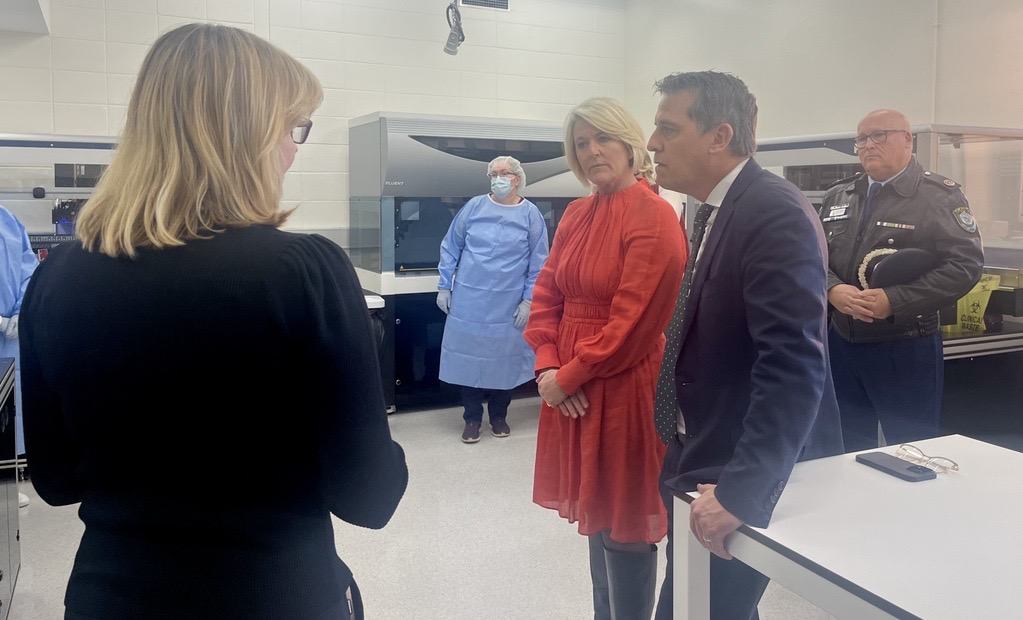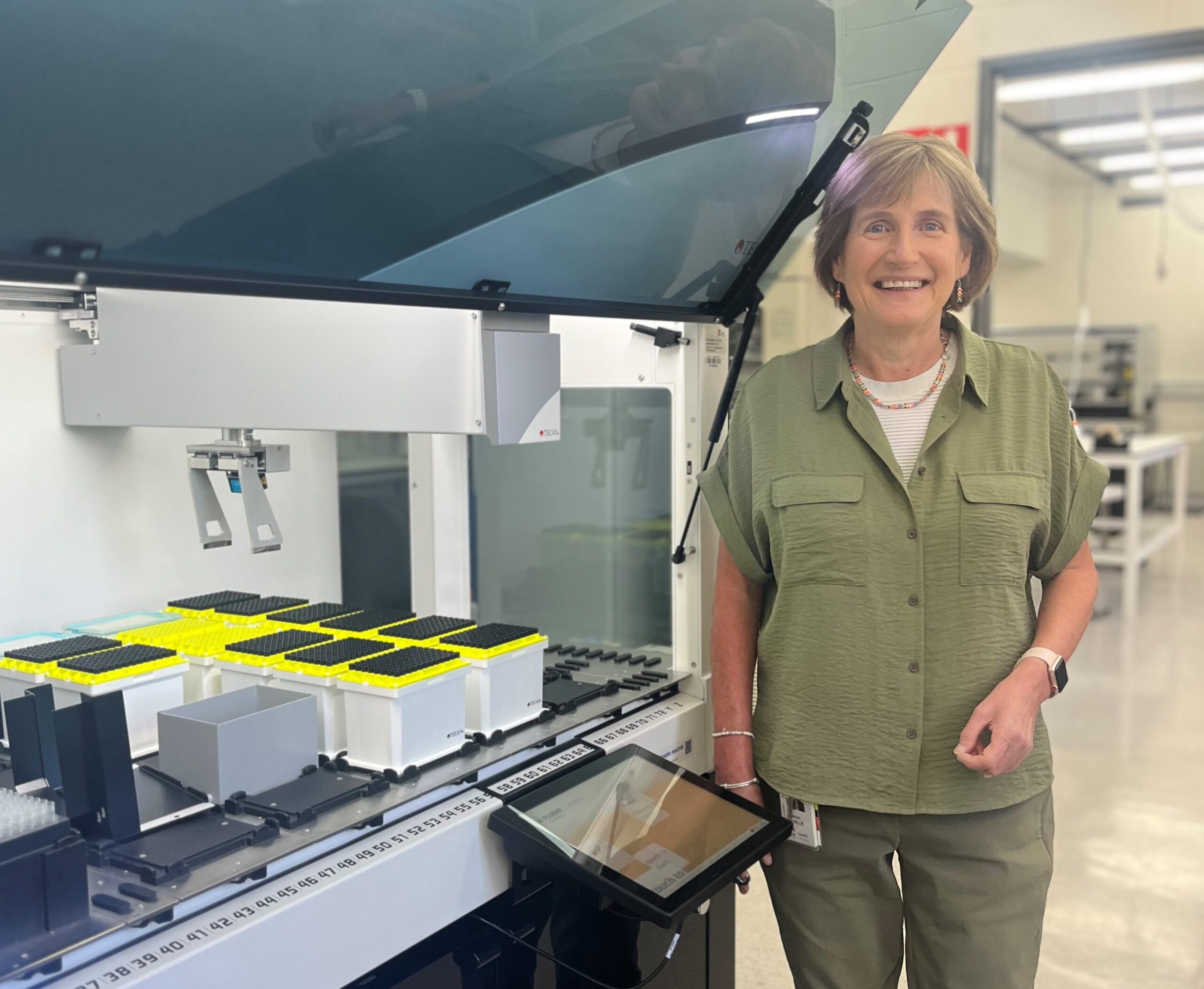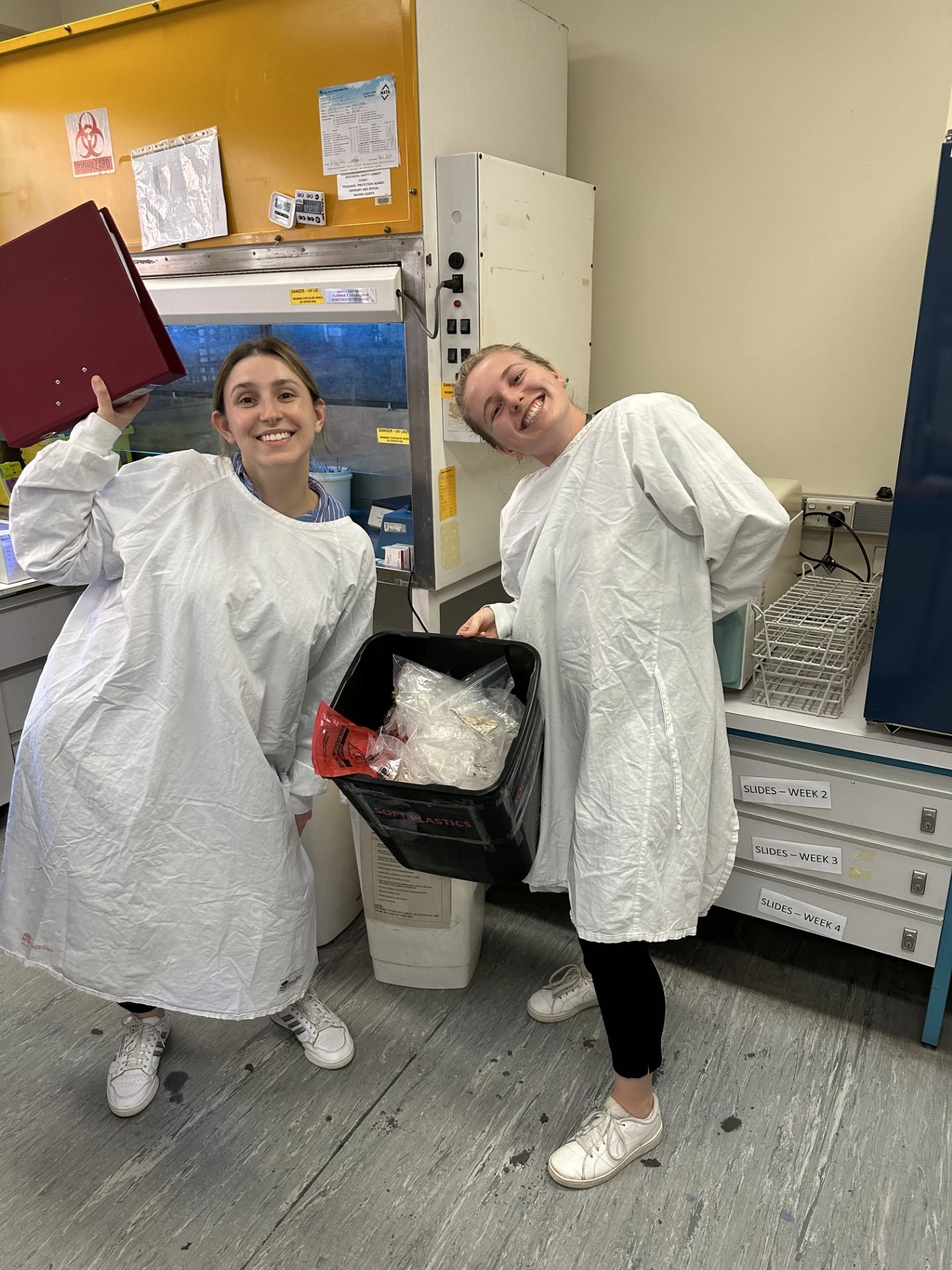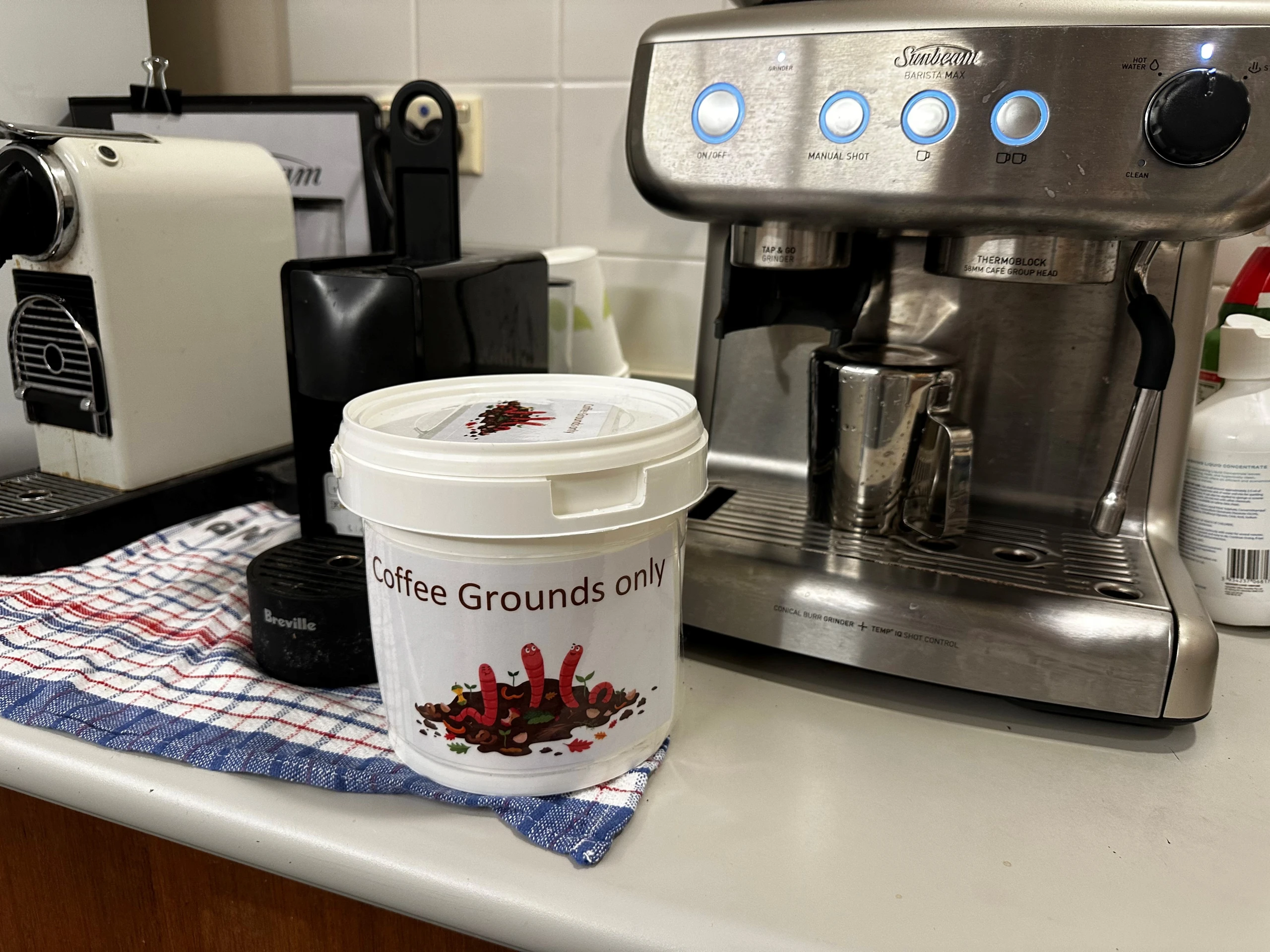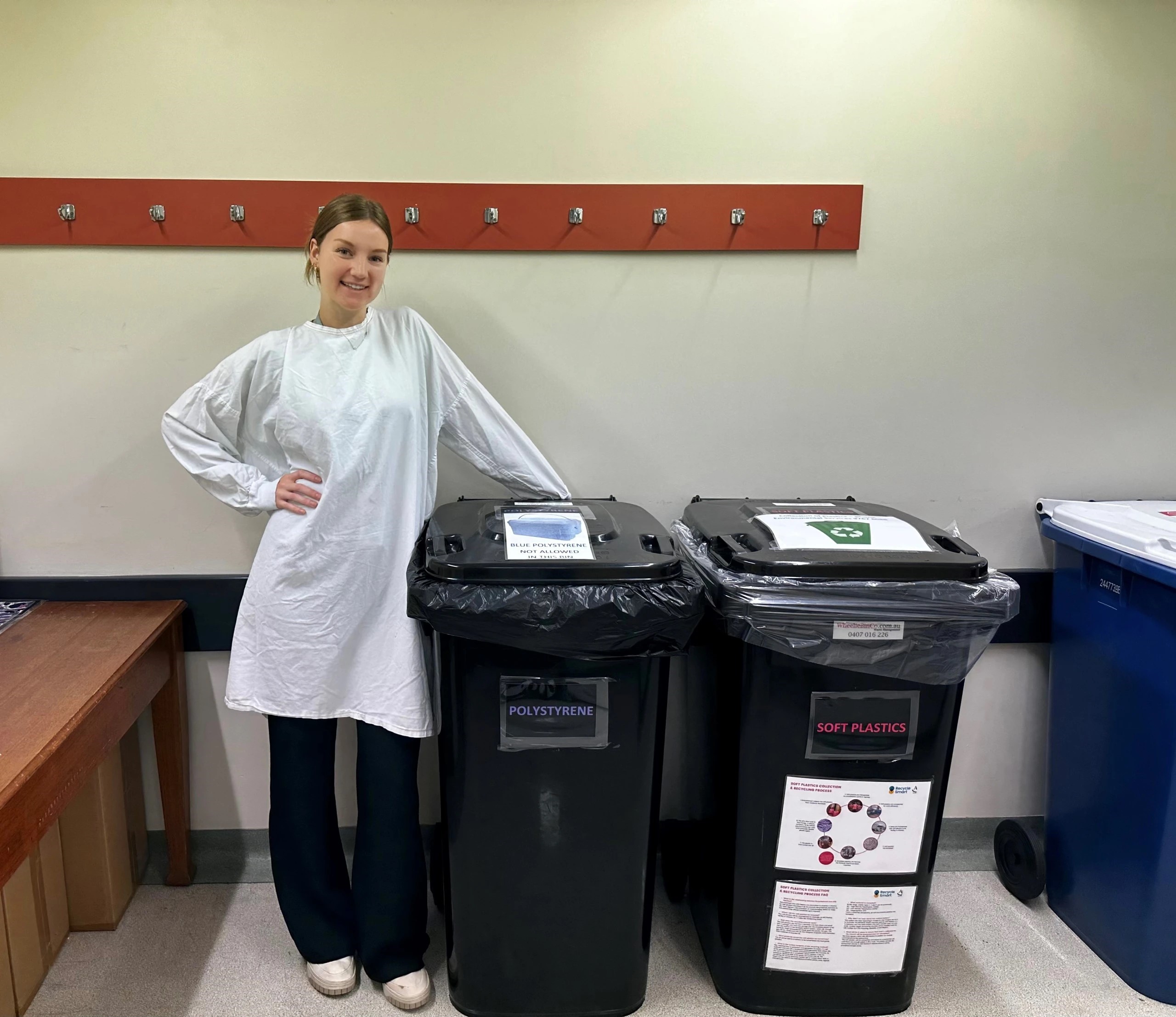John Hunter Pathology’s Tracey Riley has called time on her career in NSW Health Pathology after 34 years as a Technical Officer with the Chemistry team.
Starting in Newcastle on 4 September 1990, Tracey admits she never really planned a career in pathology.
“What made me want to follow a profession in pathology? Well, I kind of just fell into it,” she said.
“I wasn’t sure what I wanted to do after high school, uni or TAFE, I grabbed a handbook and looked at all the courses and came across pathology and thought ‘yes that looks interesting’.”
Tracey found what followed was a fulfilling career that served the community.
“It’s been rewarding to know that I have been a part of an organisation that has grown and adapted to change and that through it all produced and continues to produce quality results aiding doctors and patients alike.
“It’s been a privilege to have worked alongside my colleagues who strive to deliver every shift 24/7.”
Looking back, Tracey can’t help but think of the people she has worked with over the years.
From working the late shift in the lab, to team-building weekends featuring “a bit of mischief”, Tracey forged many strong friendships.
“I have worked with lots of different people over the years and have made many friends. Those friendships, I hope, will be everlasting”.
As for her retirement plans, Tracey is looking forward to spending more time with her family and friends as well as hopping back into the van with her husband David to go on some grey nomad adventures.
Congratulations on a fantastic career Tracey!
Your dry sense of humour and love of chocolate will not be soon forgotten. You will be missed dearly.

